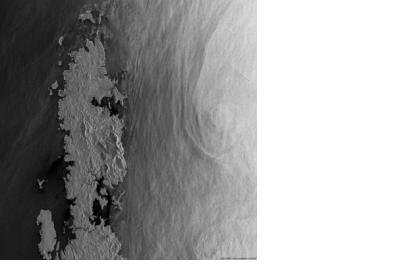BBC reported on a new German study (Natural Hazards and Earth Systems Sciences) that found that GPS satellite-based positioning could offer detailed information about Tsunami events within minutes of an earthquake occurring. The scientists believe that alerts improved by GPS data could have greatly improved early warnings of the 2011 Tsunami in Japan.
BBC reported: "Existing early warning systems use seismological data, measuring the waves of energy that are generated as the earth moves and shakes. But in the vital first stages of an earthquake, this is not always reliable. Now a team from the GFZ German Research Centre for Geosciences says that satellite navigation technology could help. GPS sensors placed around the coastlines of vulnerable countries could make highly precise measurements of how underwater tremors shift the ground. Lead researcher Dr Andreas Hoechner explained: "In case of a subduction earthquake, one plate slips under another plate. It is measured in terms of relative displacement. This deformation is mostly above the source, but the coastal area is also deformed and this can be picked up by GPS." He said that this information could be used to reconstruct the source of the earthquake and calculate its magnitude. "Then you can then predict the tsunami and see how high a wave could be expected, with some accuracy."

